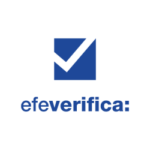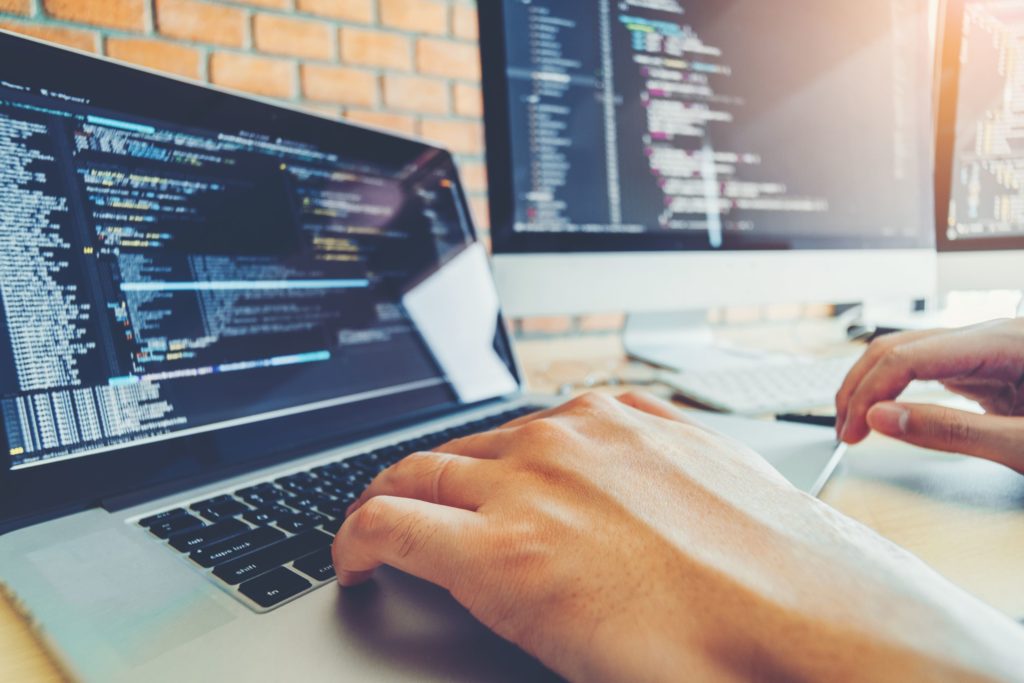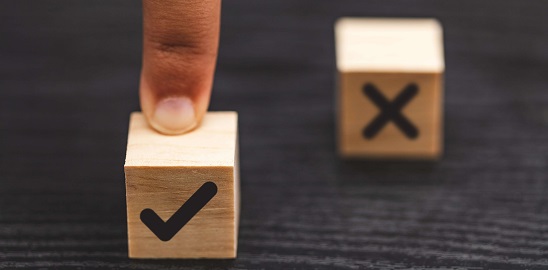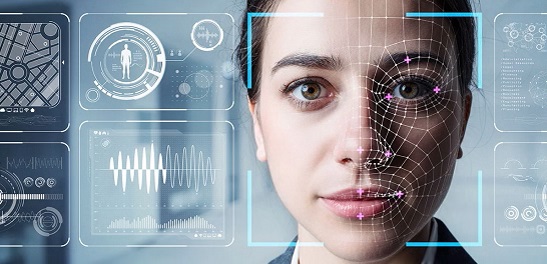Context
One of the latest challenges in the area of visual misinformation is the appearance of deep fakes, i.e., AI-generated synthetic media using deep learning to create fake videos by swapping the face of a person by the face of another person. Although the scientific community is making good progress in implementing tools that can help identify deepfakes, we are still far from having methods that can automatically recognise any type of forgery.
There are currently no publicly available deepfake detection services, nor are there complete open-source solutions to the problem. This scarcity of resources makes clear the need for new tools and services that can be made available to fact checkers and media verification experts in order to help tackle the problem.
Center for Research & Technology Hellas (CERTH) is one of the winners on the Call for Solution: Tech against Disinformation.
The solution
CERTH es uno de los centros de investigación más grandes de Grecia con más de 1300 empleados. Dentro del CERTH, el Instituto de Tecnologías de la Información es el más grande y el equipo detrás del proyecto pertenece a Multimedia Knowledge and Social Media Analytics Lab, el cual se especializa en el área de análisis multimedia.
– The database of deepfakes : A repository of annotated deepfakes contributed by a community of authorized users
– The deepfakes Reverse Search Engine : A search engine that looks for similar video content in the database of deepfakes
– The deepfakes Checker : Tool that assesses the likelihood of a video being a DeepFake
The pilot
The pilot is now in the execution phase (January 2022 – January 2023). DFDLab aims to prototype a web-based solution with the primary aim to support users to maintain, enrich and retrieve a database of deepfakes and give them access to two verification tools that have been already developed by CERTH and are available in prototype form. We envision that the developed solution will be useful for documenting the outcomes of fact-checking activities, verifying content, and supporting training of fact-checkers and media professionals on the nature of deepfakes.
The tool will be evaluated by the verification agencies Efe Verifica and Newtral at the end of 2022. The result of this evaluation will be a series of recommendations for adapting and/or improving the tool.
Outcomes
The aim of this project is to:
– Design a deepfake verification platform and database for professional and academic use (web portal)
– Validate the use of the tool in a real environment (fact-checking)
– Evaluate the scaling potential of the solution to other contexts





